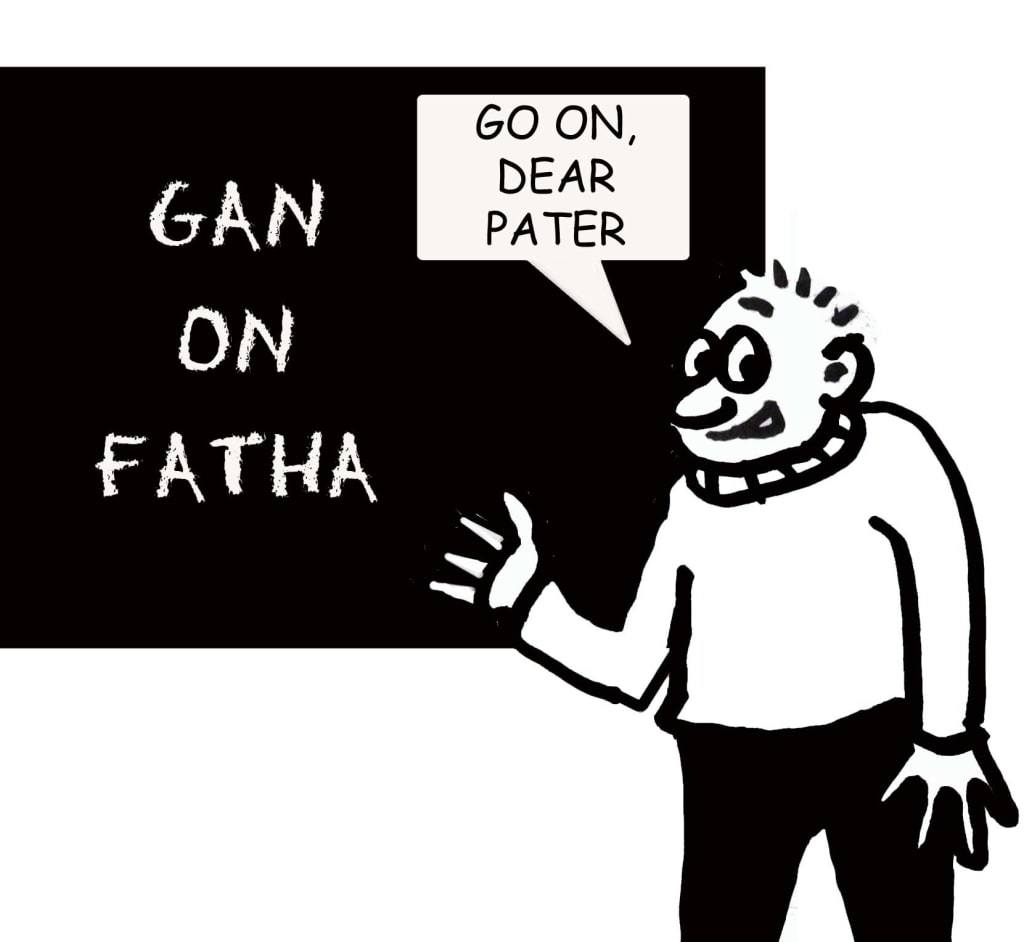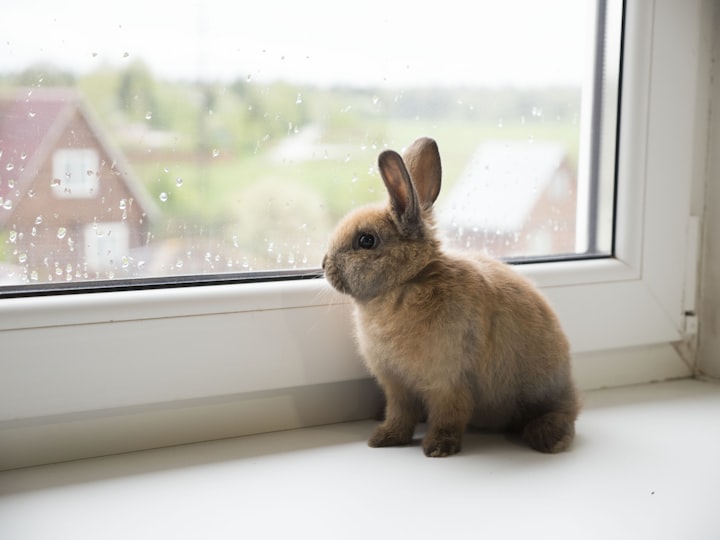
Further to my recent post about the Geordie dialect, here is another crop of north-eastern nuggets that will soon have you ordering a beer like Oz from Auf Wiedersehen, Pet.
Wor = Our
During a recent televised football game, Newcastle United substituted their Paraguayan star, Miguel Almiron, and the home crowd showed their appreciation for the effort he had put in by giving him a standing ovation.
As he walked from the field of play, the commentator, not a native of the north-east, remained silent, allowing the applause to serve as the accompaniment to Almiron’s departure, only interrupting to say the player’s nickname, Wor Miggy.
The fans have taken Almiron to their hearts, and so have bestowed upon him a nickname that expresses that fondness. Because in these parts, wor, which is pronounced exactly like war, means our. Hence, Our Miguel.
The word is in common use, appearing in such phrases as wor hoose (our house), wor lass (my wife or girlfriend), and wor young’un (my younger sibling). The word also forms the basis of a story that is similar to the or a meringue tale of my previous post on this subject, which I shall now relate.
A group of soldiers were lost in a thick jungle. As they made slow progress, hacking away vegetation with machetes, a sharp-eared sergeant raised his hand in a gesture to halt. The men stopped, and listened.
“Hear that, Private?” the sergeant said, in little more than a whisper. A bead of sweat ran down his cheek.
“Aye, Sir,” said the private, a native of Byker.
“Are they war drums?” the sergeant said.
“No, Sir. I think they’re theirs,” the private answered.
But wor isn’t the only word for our in the north-eastern dialect. The short, sharp two letter version wa also serves that purpose. In this form, the a sound is short, as in bat or cat, but without the final t. Here’s an example.
Someone’s had a pee in wa swimming pool.
That might seem straightforward enough, but life is seldom that. For that very same word, wa, also means we are, or we’re. Again, here’s an example.
Wa not welcome there any more, not since wor Billy peed in their swimming pool.
And, of course, both versions can appear in the same line, as in we’re on our way, which is said thus:
Wa on wa way.
Gan = Go
In my previous post on this subject, I included a photo of a sign that read Gan Canny: Skitey Bits. In that instance, it was to demonstrate the word canny, but this time it’s the turn of gan.
At a football game, if the aforementioned Miggy is making one of his regular charges towards the goal, an excited supporter might roar gan on, in the hope of it offering encouragement. After the match, said supporter might gan oot for a few beers. And, if a friend were to ask if he’d care for another, the happy fan might reply gan on, then.
There is another, less common term for the word go in the Geordie vernacular, and that is had. Its main, in fact virtually its only use is at the opening of the command had away and shite, or, in more polite society, had away and daddle. Whichever form is used, the phrase is a way of saying I find that statement difficult to believe, or go to hell.

Ower = Over
Pronounced like power, minus its opening letter, ower is how people round here say over. Some examples of it in use are, give ower, which could be a statement of incredulity or a request to desist. It’s ower, which has signalled the end of many a relationship, and you have to bowl owerarm in this game, which might be an instruction to a cricketer.
But, you may not be surprised to learn that ower has another use, which leans more towards too than over. Here are some examples of it in that sense:
On tasting a new flavour of ice cream: I wasn’t ower keen.
On seeing the price tag on a friend’s new coat: You paid ower much for it.
On silencing a smoke-alarm: I told you there were ower many candles on the cake.
Again, both forms can appear alongside each other. Someone going in to work following a heavy night’s drinking might say, I’m not feeling ower clever this morning; I’m hung ower.
Deed = Dead, Heed = Head etc
Putting an ee sound into words like head, dead and, in some cases, bread, is a common trait of the north eastern speaker. A late relation of mine would sometimes say, the morning after a night of heavy drinking, I’ve got a heed like Gatesheed.
There is at least one instance of a double e word being used in rhyming slang that is exclusive to the region, as it doesn’t work in other dialects. The phrase corned beef is sometimes used to describe someone who is hard of hearing, as in, you’ll have to speak up, he’s a bit corned beef.
Corned beef = deef = deaf.
Oot = Out
Substituting ou with a double o sound is common in the north-eastern dialect. For example:
All right, there’s knee (no) need to shoot (shout).
I’ll see you aboot (about) eight o’ clock.
He was fishing for troot (trout).
She was waving at the bairn (child) on the roondaboot (roundabout)
When I heard a radio review of the film Klute, starring Donald Sutherland and Jane Fonda, I was initially puzzled as to why they would make a film about a dish cloth, cloot being the term for such an item in these parts.
And many a misbehaving child in the region has been steered back onto the straight and narrow by the parental threat of a cloot roond the lug (a clout round the ear).
About the Creator
Joe Young
Blogger and freelance writer from the north-east coast of England






Comments
There are no comments for this story
Be the first to respond and start the conversation.